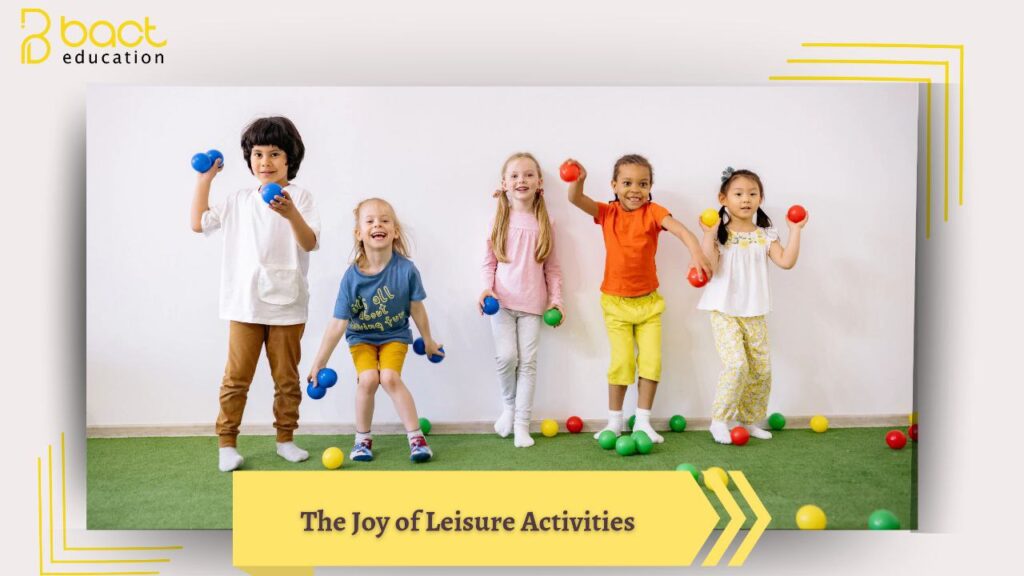## **Introduction: Why Do We Need Entertainment?**
In our fast-paced world filled with stress and challenges, entertainment serves as a vital tool for maintaining mental and physical balance. Entertainment is not just a way to pass time—it is “a physical effort or skill practiced under agreed-upon rules for the purpose of leisure, competition, pleasure, excellence, skill development, or boosting self-confidence.” In this article, we will explore the colorful world of entertainment, from its psychological and social benefits to its various forms and how to incorporate it into our daily lives.
—
## **The Many Benefits of Entertainment**
### **1. Boosts Mental and Emotional Health**
Entertainment helps “achieve a balance between the physical, mental, and spiritual needs of human beings.” Engaging in leisure activities allows our minds to rest from daily pressures, improving focus and creativity. It also “saves individuals from boredom, frustration, and negative emotions.”
### **2. Enhances Skills and Talents**
Entertainment is not just about fun—it is also a way to “acquire skills, experiences, and knowledge while nurturing talents and increasing creativity.” Whether through sports, music, or arts, leisure activities help us discover and develop hidden abilities.
### **3. Strengthens Social Connections**
Group activities like sports, concerts, and festivals provide excellent opportunities to build strong social bonds. Studies in conflict zones, such as Gaza, have shown how recreational activities help children “form new friendships and reduce social isolation.”
### **4. Helps in Trauma Recovery**
In war-torn regions, entertainment has proven to be a powerful therapeutic tool. Recreational events have helped children “release negative energy caused by war, poverty, and fear,” demonstrating how entertainment can aid psychological healing even in the toughest conditions.
—
## **Different Forms of Entertainment**
### **1. Arts & Performances**
Theater is considered “the father of arts, dating back to ancient Greek and Roman times, blending multiple artistic elements.” From stage plays to concerts, performing arts enrich the soul and mind.
### **2. Sports & Physical Activities**
Sports are one of the most popular forms of entertainment, whether as a spectator or participant. They represent “physical effort aimed at fun and competition,” ranging from daily walks to competitive athletics.
### **3. Travel & Exploration**
“Artistic and recreational events are an essential part of building a comprehensive tourism industry.” Visiting historical sites, enjoying nature, or attending local festivals combine fun with learning.
### **4. Simple At-Home Activities**
Not all entertainment requires going out or spending money. “Re-reading an old book, picking up a new one,” or doing crafts at home can be enjoyable and fulfilling.
—
## **Entertainment in the Workplace**
### **1. Benefits of Workplace Leisure**
“Sitting at a desk for long hours can harm mental and physical health.” Incorporating entertainment at work boosts productivity and job satisfaction.
### **2. Ways to Add Fun to Work**
– **”Walk or bike to work”**
– **”Take short standing breaks”**
– **”Practice yoga or stretching during breaks”**
– **”Redecorate your workspace occasionally”**
—
## **Entertainment as a Thriving Industry**
### **1. Job Opportunities in Entertainment**
“Entertainment is a major source of income for many people.” From managing leisure centers to working in the arts, this sector offers diverse career paths.
### **2. Economic Impact of Entertainment**
“Expanding entertainment services creates jobs in food, transportation, retail, and more,” making it a smart investment for communities.
—
## **Tips for Adding More Fun to Daily Life**
1. **Set aside daily leisure time**, even if just 15 minutes for a walk.
2. **Try new activities**—learn swimming, embroidery, or a new language.
3. **Plan weekly outings**—visit cafés, parks, or museums.
4. **Socialize through entertainment**—invite friends for games or dining.
5. **Explore cultural entertainment**—libraries, theaters, and heritage sites.
—
## **Conclusion: Entertainment as a Lifestyle**
Entertainment is not a luxury—it’s a necessity for a balanced life. Its benefits span psychological, social, and economic well-being, with endless forms to suit all tastes. Whether you prefer quiet solo activities or lively group events, the key is finding what brings you joy.
As entertainment “boosts economic growth” and personal happiness, let’s make it a daily habit—not as an escape from reality, but as a way to enrich it.

